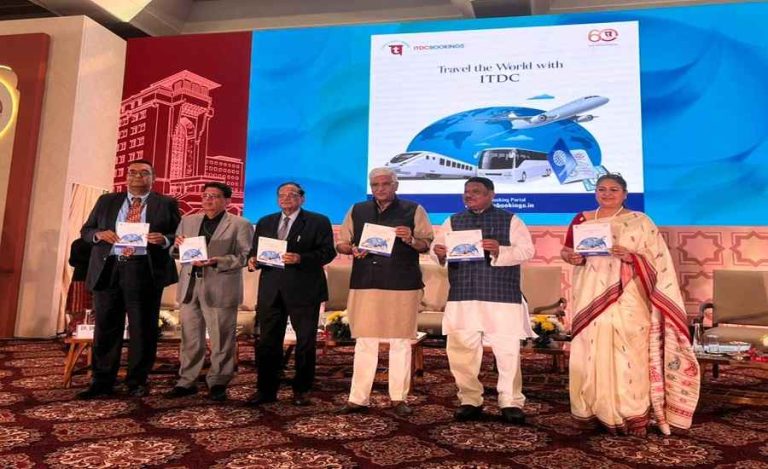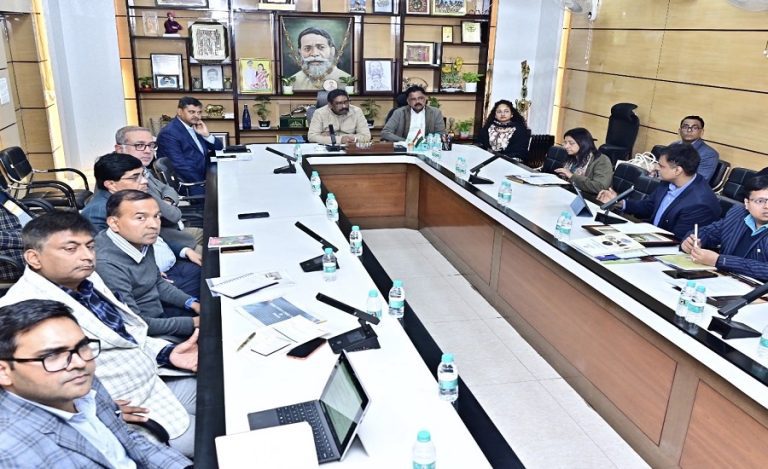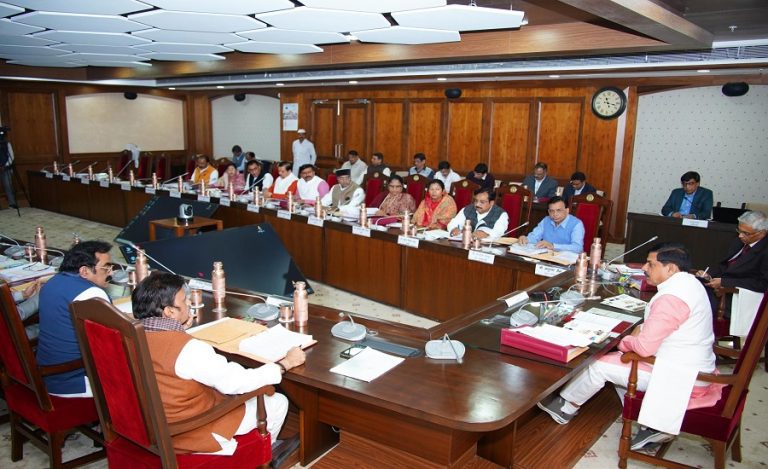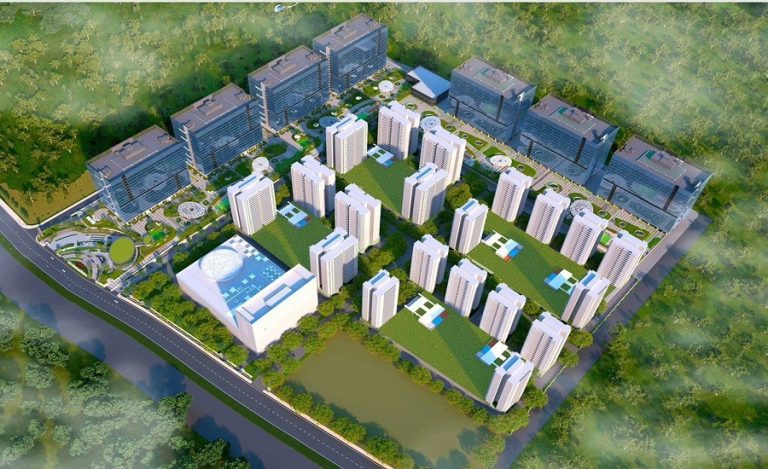In a significant move to enhance urban development and governance, the Nitish Kumar-led Bihar government has announced the formation of administrative zones in 18 municipal corporations across the state. The initiative mirrors the successful model currently operational in Patna, where six zones have been established to streamline administrative tasks and ensure better implementation of development schemes.
Letter Sent to District Magistrates
Mr. Abhay Kumar Singh (2004-batch IAS officer), Secretary of the Urban Development and Housing Department, has officially reached out to the District Magistrates of Nalanda, Bhojpur, Rohtas, Muzaffarpur, Sitamarhi, East Champaran, West Champaran, Munger, Gaya, Purnia, Katihar, Saran, Darbhanga, Madhubani, Samastipur, Begusarai, Bhagalpur and Saharsa. In his communication, he has sought proposals for forming zones within each municipal corporation, taking into account the respective population and geographical area.
Urbanisation to Gain Momentum
This decision is poised to accelerate the process of urbanisation in Bihar. The new zonal system aims to decentralise administrative responsibilities, thereby increasing efficiency in governance and facilitating quicker implementation of public welfare schemes. Each zone will have designated executive engineers and officers responsible for development activities, ensuring more focused and responsive administration.
Need for Decentralisation
Given the continuous expansion of city limits and population, Municipal Commissioners have found it increasingly challenging to supervise development work across all wards. The formation of zones will address this issue by distributing administrative responsibilities more evenly.
Key advantages of the zonal system include:
- Decentralisation of administrative work
- Deployment of executive engineers and officers in each zone
- Enhanced quality control and monitoring of development plans
A New Urban Framework
The number of zones in each corporation will be based on city size and population, allowing flexibility in implementation. According to officials, this restructuring will not only make administrative processes more efficient but also make it easier for citizens to register complaints and get timely solutions.
Experts believe this step could:
- Improve core civic services such as garbage disposal, water supply and drainage
- Reduce bureaucratic delays and curb local-level corruption
- Act as a catalyst for rapid and organised urbanisation
Looking Ahead
The government has urged district administrations to send their proposals without delay. Once received, the department will finalise the zoning plans, drawing from Patna’s operational model. While some critics have raised concerns about potential political interference, government officials maintain that the move is aimed solely at improving urban governance and public service delivery.
If executed effectively, this zonal system could mark a turning point in Bihar’s urban planning and development strategy.
Also Read: UP: IAS Officer Accused of Harassment in Noida Tax Dept – Who He Is & What the Complaint Says?




























